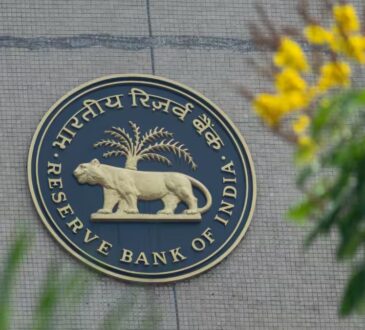
The global financial landscape is continually shifting. Interest rates in major economies appear to be nearing or at their peak, and many analysts expect central banks will begin or continue to cut rates over the next year. Inflation, while still present, has eased from its highs in 2022–2023, and investors are gradually regaining confidence. Yet uncertainty remains a constant feature of the markets as geopolitical tensions, and uneven growth across major economies continue to create volatility in both bond and equity markets.
For Jamaican investors, these changes bring both challenges and opportunities. The key is not to fear volatility, but to understand how to position your portfolio so that short-term fluctuations become long-term advantages.
One of the most persistent risks for local investors is the gradual depreciation of the Jamaican dollar. Even small annual declines in value can add up over time, eroding the real worth of savings and local currency investments. Devaluation when combined with inflation creates a situation where the purchasing power of cash diminishes at an even faster pace. The solution to combat this is diversification — both across asset classes and currencies.
Holding a portion of your investments in US dollar-denominated assets remains one of the most effective hedges against devaluation. Global bonds, mutual funds, and US repurchase agreements provide exposure to international markets and stronger currencies. They also offer the potential for stable income and capital appreciation over time. By earning returns in US dollars, investors can protect the global purchasing power of their savings even if the local currency weakens.
Local investments such as short-term JMD fixed-income instruments can provide valuable liquidity and investors can benefit from relatively higher domestic interest rates than seen in recent years. However, the key is maintaining balance by keeping sufficient US dollar exposure to preserve long-term value, while using Jamaican dollar investments to cover short-term needs.
Inflation, while lower than in previous years, remains an important factor. Rising prices reduce the real return on fixed-income investments. To manage this risk, investors can consider shorter-duration bonds, which allow quicker reinvestment if rates change, or instruments with higher coupons to offset inflation’s impact. For those seeking growth, equities or global funds that focus on companies with strong balance sheets and pricing power can also be part of a well-rounded strategy.
Looking ahead, markets are likely to remain dynamic. Elections in major economies, shifts in policies, and changes in global supply chains will all influence investor sentiment. However, long-term investors have an advantage: TIME. History shows that disciplined, diversified portfolios tend to recover from volatility and reward investor patience.
The lesson is clear; uncertainty is not a reason to step back from investing but rather it is a reason to plan smarter. By maintaining a mix of currencies, asset types, and maturities, investors can position themselves to benefit when markets stabilise.
The world is changing, but opportunity still exists for those prepared to look beyond short-term noise. For Jamaican investors, the focus should remain on staying diversified, keeping a long-term view, and ensuring every dollar works both at home and abroad, to ensure sustained financial growth.
Dwayne Neil, MBA, is the AVP, Personal Financial Planning at Sterling Asset Management. Sterling provides financial advice and instruments in US dollars and other hard currencies to the corporate, individual and institutional investor. Visit our website at www.sterling.com.jm Feedback: if you wish to have Sterling address your investment questions in upcoming articles, e-mail us at info@sterlingasset.net.jm
Dwayne Neil.




